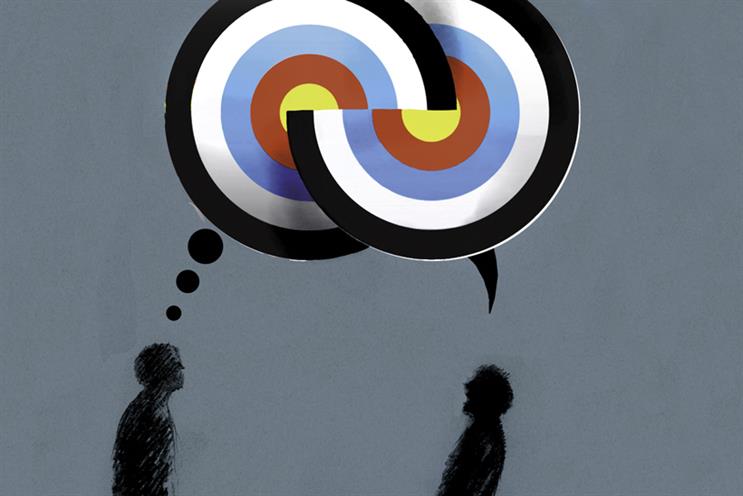The work, the work, the work. That’s the mantra by which we live and die in advertising. Good agencies are measured by the work they win and the way that they work. But great agencies are always measured by the quality of the work they make. CDP, BMP, Bartle Bogle Hegarty and Mother all brought innovation to our industry and in their day were phenomenal new-business machines but, if we hold their legacy close to our hearts, it’s for the work that they gave us, not a unique approach to qualitative research or an unusual working environment.
Those agencies that fancy a pop at greatness always place huge value on the work. They incubate it carefully, nurture it with skill and protect it as if their lives depended on it. Indeed, the dominant cultural idea in a great agency is geared towards doing everything and anything to deliver great work. Yes, work that is effective but effective because it is original, exciting and notable and ultimately capable of transcending the cold, hard logic of the media plan.
A whole industry devoted to nursing and improving the quality of creative ideas seems altogether less interested in defending its strategic ideas
I’ve never actually heard a creative director say "don’t come back until you have sold it", but every one of our best account handlers and every one of our greatest marketers has stories of fighting tooth and nail for work that they believed in. One of my favourite suits, years before I knew him, was famed for taking a sleeping bag to critical creative presentations in order to underscore the lengths he would go to get the work over the line.
Defence of the work is in our blood because every fibre of our being knows that difficult is worth doing because difficult delivers results. It’s one of the reasons that agencies still, very occasionally, resign business over genuine creative differences, prepared to sacrifice revenue and being in the good books of the holding company, in order to stand by their work.
But here’s the thing. We are nowhere near as ferocious in defending our strategies and never have been. A whole industry devoted to nursing and improving the quality of creative ideas seems altogether less interested in defending its strategic ideas.
Sadly, most strategies simply don’t deserve the passion accorded to our creative work. After all, the vast majority of brand strategy is so anodyne, generic and lifeless that it’s best to brush over it and simply get on with the execution. You know the sort of thing: cider that is refreshing, cars that are surprisingly roomy, supermarkets that offer value and quality.
And even if the thinking sparkles, we tend to see strategy as a means to an end, not an end in itself – at least in traditional creative marketing. We maintain that the power of a strategy can only truly be judged in the quality of the output it fosters. After all, no-one ever gets to see the thinking, except in the most clumsy of campaigns.
But the truth is that our ambivalence towards promoting and defending powerful strategy has to change. And our readiness to dumb down an idea to get it through the multiple stakeholders sitting in judgment on a positioning or purpose has to stop. We need to be as protective and proud of our strategic thinking as we are the work we make.
Because when it comes to strategy, we are no longer quibbling about the words on a creative brief or the phrasing of a campaign idea but the way that brands negotiate our changing world and the thinking that will define their future and decide their fortune. And while briefs are a means to an end, brand strategies are not.
I would far rather a killer strategy that gives a brand new hope and direction but work that has some progress to make in terms of excellence than a creative one-hit wonder that brings fleeting awards-fuelled fame to an agency but little enduring value to the brand.
As a result, we have to see the strategies that we build as work, possibly even creative work, in its
own right and not simply a means to an end. And accord strategy the same discipline, scrutiny, standards and protection as the creative work itself. To fail is to consign ourselves to the role of executors of our brands’ activities and not architects of their destinies.


